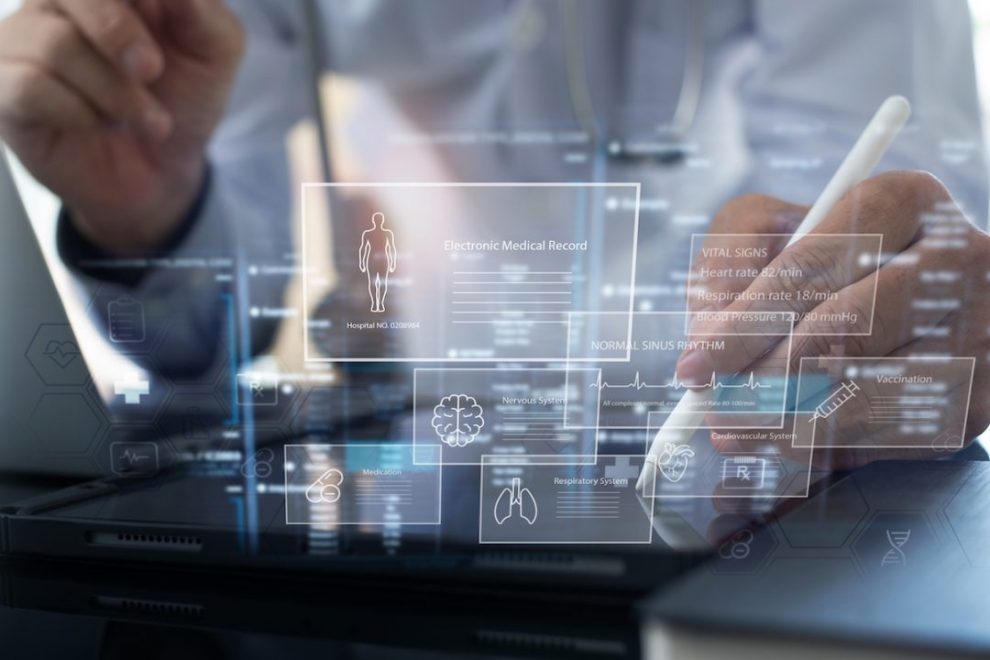MONTREAL — MedicAlert bracelets are a familiar sight to many Canadians — a recognizable piece of jewelry that helps first responders quickly identify critical medical conditions in emergencies.
Now, the MedicAlert Canada Foundation, the non-profit behind the service, is taking a major step toward modernization. It’s launching new technology that links members’ electronic health records directly to 911 dispatchers.
When someone calls 911, software developed by the foundation checks the incoming phone number against MedicAlert’s database. If there’s a match, the individual’s medical information instantly appears on the dispatcher’s screen.
“This all happens in under a second,” said Leslie McGill, President of MedicAlert Canada.
“Before first responders are even dispatched, the operator can already view the person’s medical conditions and any relevant information. That gives emergency crews a valuable head start before arriving on the scene.”
McGill says the advancement could significantly improve emergency response, citing a diabetic patient as an example. Having immediate access to that kind of health data allows responders to act faster and more appropriately.
“In emergencies, every second matters,” McGill emphasized.
Canada is currently rolling out Next Generation 911, a nationwide upgrade aimed at enhancing emergency communication. The Canadian Radio-television and Telecommunications Commission (CRTC) describes the initiative as a major transformation that will make emergency services faster and more accessible.
Originally slated for completion by March 2025, the deadline has been pushed to March 31, 2027. The extension comes after many provincial, territorial, and municipal emergency services reported they wouldn’t be ready in time to implement the required upgrades.
As part of this broader modernization effort, the MedicAlert Canada Foundation is collaborating with the CRTC to deploy its new technology in approximately 200 911 call centres across the country over the next three to five years.
The system was piloted in Ottawa in 2024. Prior to the trial, MedicAlert’s emergency hotline had fielded 172 calls from local first responders within a single year. During testing, the new system accessed around 8,000 individual medical records.
“That’s a significant number,” said MedicAlert Canada President Leslie McGill, noting that the capital has roughly 50,000 MedicAlert subscribers.
While some cities are just beginning the integration process, others are further along. Implementation is more complicated in regions with limited telecommunications infrastructure, such as the northern parts of Quebec and Ontario or the territories. However, major urban centres like Toronto are prepared, and the foundation is actively working with them.
In addition to this project, the foundation is also developing a GPS-enabled device to assist people living with Alzheimer’s. This initiative builds on its existing MedicAlert Safely Home program — a national wandering registry for individuals with dementia that is part of the Canadian Police Information Centre database. The registry currently includes more than 65,000 individuals.
McGill said the goal is to launch the new GPS device by 2026.
A key challenge, she noted, is that as a non-profit, MedicAlert’s services are not covered by provincial health insurance plans.




















